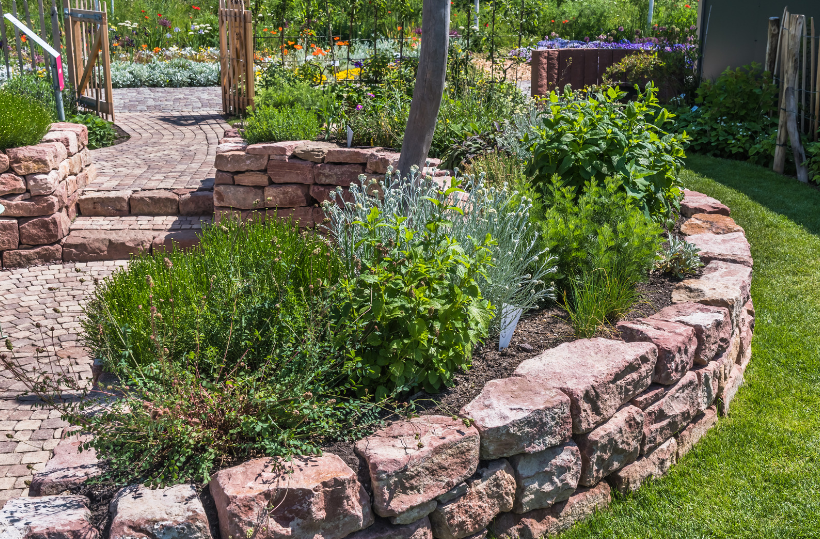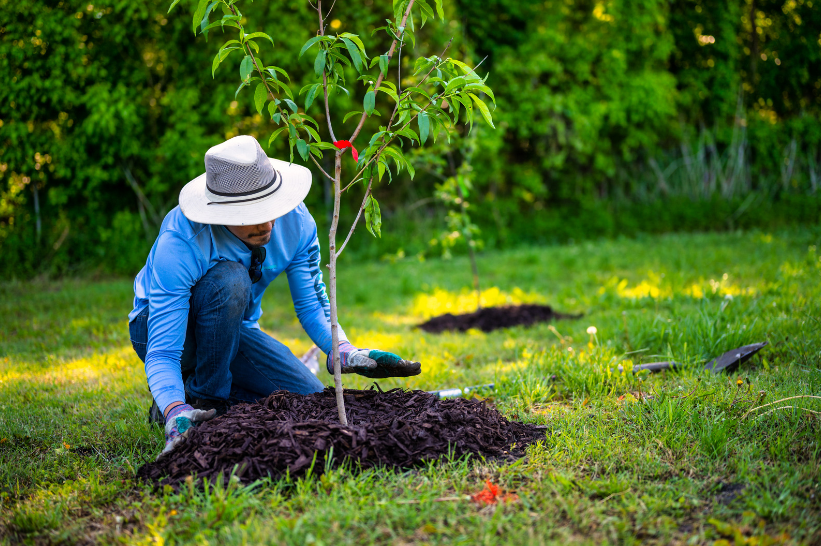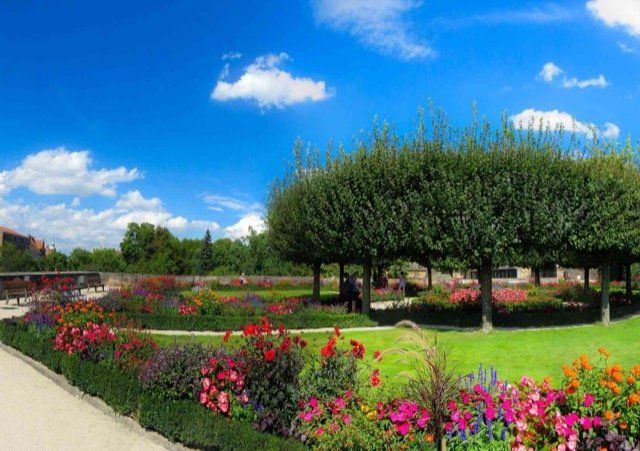What Planting Zone Is Dartmouth In?
What Planting Zone Is Dartmouth In?
If you're looking to plant a garden in Dartmouth, you need to know what planting zone you are in. Each zone is different, with its own climate and weather conditions. If you plant something that is not suited for your zone, it's likely that your plants will not thrive. If you're looking to do some landscaping or gardening in Dartmouth, it's important to know what sorts of plants will thrive in the Dartmouth climate. You will need to know what kind of plants to put in the ground and what the weather is like so you can water them and make sure they grow. In this blog post, we will discuss the planting zone in Dartmouth and what plants grow best in it.
Dartmouth is in zone six, which means that the average annual low temperature is below minus 20 degrees Fahrenheit. It is in a planting zone. This means that the weather is good for planting things like flowers and trees. The location and climate here are perfect for growing certain types of plants. The growing season is long, however, and there are plenty of plants that can thrive in this zone. Some popular plants that grow well in zone five include:
- Strawberries
- Raspberries
- Asparagus
- Blueberries
- Tulips
What is the hardiness zone for Dartmouth, NS
The hardiness zone for Dartmouth, NS is 6a.
Gardening Challenges in Dartmouth
The gardening challenges in Dartmouth are unique because of the cold winters and hot summers. In order to garden successfully in this climate, one needs to be familiar with the planting zone. Since the planting zone for Dartmouth is 6a, this means that the average minimum winter temperature is -23 degrees Celsius. The hot summers can be a challenge for gardeners because the temperatures can reach up to 32 degrees Celsius.
When choosing plants for your garden, it is important to select ones that are native to the area or that are known to do well in the climate.
If you are new to gardening, it is best to start small and experiment with different plants to see what works best in your yard. With a little trial and error, you will soon be on your way to creating a beautiful garden that you can enjoy all year long!
Using Greenhouse in Dartmouth
The benefits of a greenhouse in Dartmouth for planting are many. They provide a warm, moist environment that is perfect for raising seedlings or starting transplants early. Depending on the climate, greenhouses can also extend the growing season by weeks or even months. They allow gardeners to grow plants that wouldn't normally survive outdoors in Dartmouth, such as tropical plants or vegetables that require a long growing season.
When planting a garden in Dartmouth, it's important to choose plants that will do well in your specific planting zone. Talk to
Dartmouth Landscaping at
(902) 702-3092 and get free advice on your planting zone. We provide all types of gardening and landscaping services, from lawn care maintenance, weed & moss control,
hedge trimming, and more. Let us make your gardening dreams a reality. Contact us today and get a free quote!
You might also like





